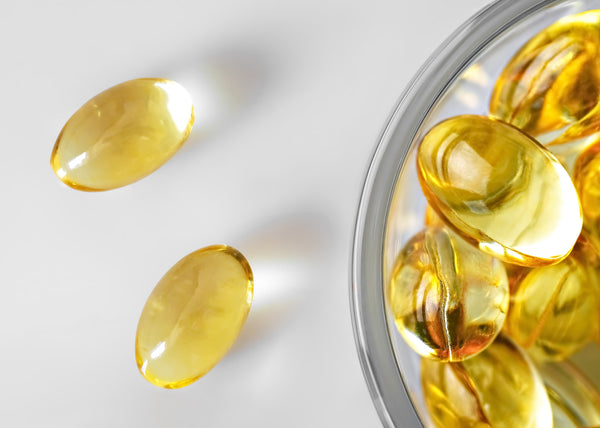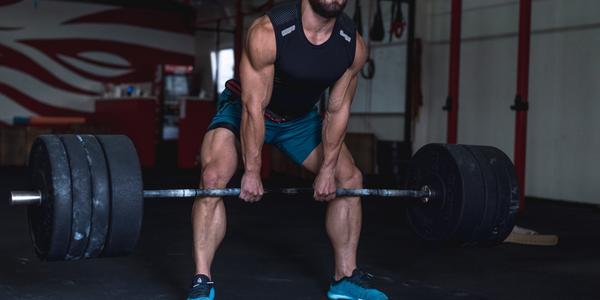Different Forms of Protein Powders, and Which is Better?
Are you on the hunt to find the perfect protein powders, but need help to choose from the abundant options? From whey to pea protein, it is easy to feel lost in a sea of scoops and packets. Whether you are aiming to build muscle, post-workout recovery, or simply increase your protein intake, understanding the difference between all types of protein powder is the key.
Different Types of Protein Powders
By understanding the different types of protein powders, their sources, and their functions, you can make selective and informed decisions and select the perfect protein supplement.
Whey Isolate Protein Powders
Whey isolate is a concentrated form of protein powders made from milk, from which lactose and fat are removed. Hence, it is suitable for lactose intolerants, or people watching their fat intake due to low lactose and fat content. Whey isolate is a complete protein source that is quickly and easily absorbed and is perfect for supporting muscle recovery and growth after exercise.
Whey Concentrate Protein Powders
Another type of whey derived from milk is Whey concentrate, but it is less processed than whey isolates, so it contains some fat and lactose. It still provides a good source of protein for muscle recovery and growth. However, whey concentrate is slightly slower to digest compared to whey isolate. Like whey isolates, concentrate is also a complete protein source.
Egg White Protein Powders
Egg white protein powders, as the name suggests is made from Egg whites, without the yolk. It is a complete protein source, containing all the essential amino acids required by the body. This protein is great for muscle recovery and growth.
Pea Protein Powders
Pea protein is a protein powder made from yellow peas. It is a plant protein source, rich in amino acids. Hence, it is suitable for vegetarians and vegans. Pea plant protein Powders is great for supporting muscle growth and recovery. It is easy to digest and is allergen-free.
Casein Protein
Casein is derived from milk, but it is slowly digested by the body compared to whey protein. It slowly releases all the amino acids into the blood over several hours, which can help prevent muscle breakdown. Casein has one amino acid (lysine) missing compared to whey protein.
Soy Protein Powders
Soy protein is derived from soybeans. This plant protein powder is a complete protein source, known for its various health benefits such as supporting heart health and reducing cholesterol levels.
Hemp Protein Powders
Hemp protein is another plant protein powder derived from hemp seeds. While it contains all 9 essential amino acids, they may be different in proportions, leading some to consider it an incomplete source of protein.
How to Choose the Right Protein?
The best type of protein powder depends on individual needs and goals. Each type of protein offers unique benefits.
Whey Protein: Popular for fast absorption and high amino acid content, making it excellent for post-workout recovery and muscle building.
Casein: It digests more slowly, hence suitable for bedtime or between meals to support muscle maintenance and prevent muscle breakdown.
Soy Protein: Plant protein powder with a complete protein source for vegetarians, vegans, and people with dairy or egg allergies.
Pea Protein: Another plant-based source, rich in amino acids, and suitable for those with dietary restrictions.
Hemp Protein: Rich in nutrients like fiber, omega-3 fatty acids, and minerals. However, it may not provide amino acids in an optimal proportion.
Plant Proteins
The plant proteins made up from various sources are ideal for vegetarians and vegans. Plant proteins are the best vegetarian protein sources, providing the complete essential amino acid profile. Some of the best plant-based protein powders have multi-sourced proteins including soy, pea, hemp, golden rice, or brown rice.
Ultimately, the best type of protein powder depends on your specific dietary needs, fitness goals, taste preferences, and any food allergies or sensitivities that you may have.

























